thank you for your interest, but i couldn't with this.
in PYTHON 3 , for example, i have a list.
import os
list = []
for carpeta in os.listdir(os.getcwd()):
if(os.path.isdir(carpeta)):
LISTA.append(carpeta)
print(LISTA)
~
$THIS IT PRINTS JUST THE DIRECTORIES:
['1. Introducción', '10. Área de Texto', '11. Listas de Selección', '12. Estructura de Archivo HTML', '13. Estructura del Proyecto', '14. Incluir CSS', '15. Selecciones con CSS', '16. reset.css', '17. Box Model', '18. Elementos flotantes', '19. Anchos Máximos y Mínimos', '2. Conceptos Básicos de Desarrollo Web', '20. Centrado Horizontal', '21. Imagen de Fondo', '22. Fuentes con Formato', '23. Formateando Listas', '24. Formateando Tablas', '25. Resumen', '3. Títulos y Párrafos', '4. Enlaces', '5. Imágenes', '6. Listas', '7. Tablas', '8. Formularios', '9. Tipos de Input']
BUT , the folders, for example; have this pattern : '1. Introducción','2. Conceptos Básicos de Desarrollo Web' ...... ''9. Tipos de Input','10. Área de Texto',
it's not reading like the windows explorer
